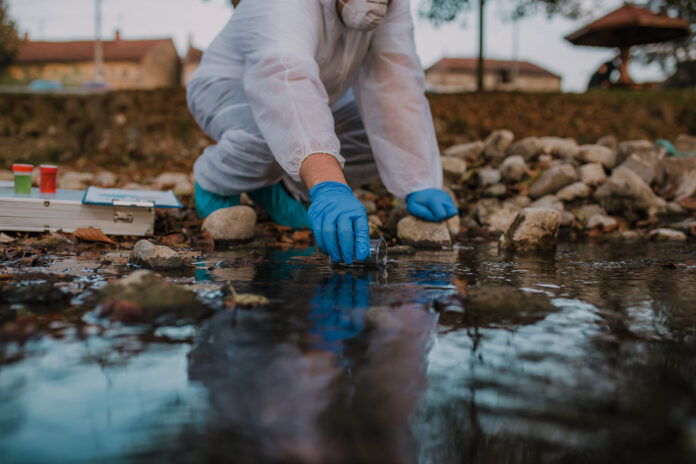Clean, safe drinking water is essential for our health and well-being. However, water quality can vary significantly, even within the same region. To ensure the safety of your drinking water, regular testing is crucial. This article will discuss everything you need to know about your water quality, testing it for purity, and what you can do if it isn’t as safe as you would like.
If you’ve also asked yourself, “Is RO water the same as distilled water?” for more information on reverse osmosis filters.
Reasons for Testing Your Water Quality
There are many reasons to test your water quality. We’ve broken them down for you below:
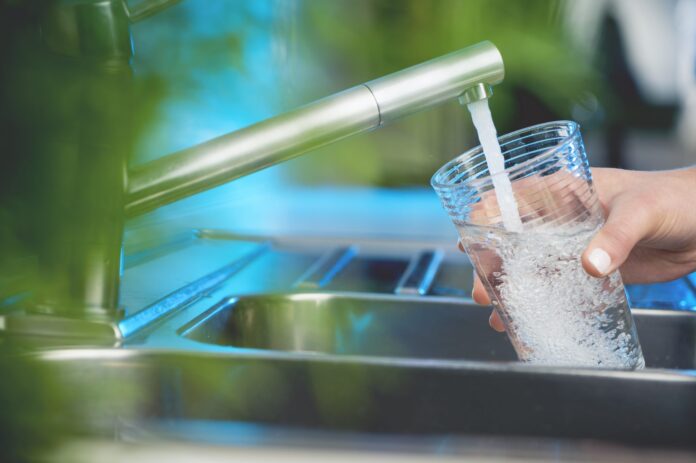
Health Concerns
Contaminated water can pose serious health risks. Bacteria, viruses, parasites, and harmful chemicals can enter the water supply from various sources, such as industrial pollution, agricultural runoff, or aging infrastructure. Testing your water quality helps identify potential hazards, allowing you to take appropriate actions to protect your health and the well-being of your family.
Compliance with Regulations
Water suppliers are responsible for ensuring the quality of the water they provide. However, contaminants can still find their way into the water supply. Regular testing helps to ensure compliance with regulatory standards and provides an additional layer of protection for consumers. If you use a private well, you will want to ensure that you are testing your water regularly, as contaminants can creep into your well without your realizing it.
Environmental Considerations
Water quality doesn’t just affect human health; it also impacts aquatic life and ecosystems. By testing your water quality, you can identify any potential pollutants that may be harming the environment. This knowledge allows you to take steps to reduce your environmental footprint and contribute to the preservation of water resources.
When You Should Test Your Water Quality
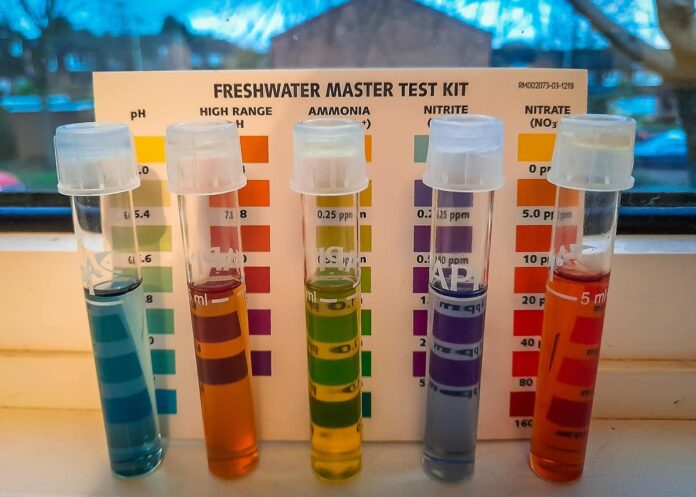
Even if you don’t have a specific reason for testing your water quality, you should still be testing it regularly. Many contaminants can be colorless or odorless. Without regular testing, you can expose yourself and your family to them for long periods of time or not realize they are there until your health is affected. In addition to regular testing, there may be particular events that drive a need for water testing, such as:
New Water Source
If you have recently moved to a new location or switched to a different water source, testing the water quality before consumption is crucial. This applies to private wells, municipal supplies, or even water from natural sources like rivers or lakes. Testing ensures that the water is safe and meets the necessary quality standards.
Suspicion of Contamination
If you notice any changes in the taste, odor, or color of your water, or if you suspect any form of contamination, immediate testing is essential. These changes could be indicative of underlying issues, such as pipe corrosion, bacterial growth, or chemical pollution.
Routine Testing
Even if you do not suspect any problems, it is advisable to test your water quality regularly. The frequency of testing depends on the water source and local regulations. Private well owners should test their water at least once a year, while the authorities typically monitor municipal water supplies. However, additional tests can provide added peace of mind.
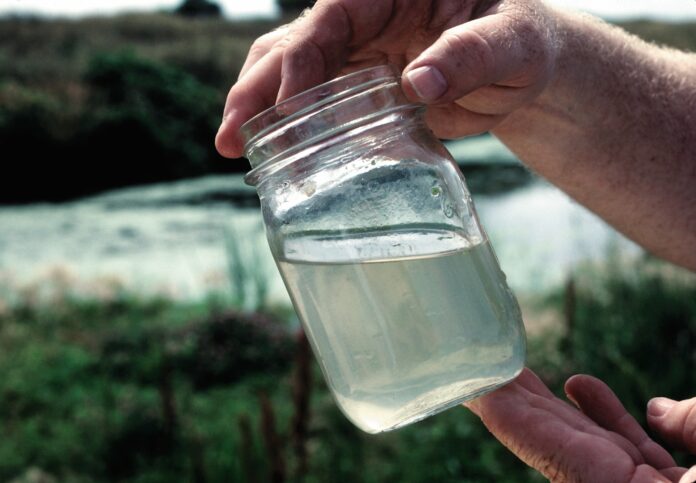
How to Test Water Quality
There are a couple of ways to test your water’s quality. The method you use may depend on how comfortable you feel with the process.
DIY Test Kits
Do-it-yourself water testing kits are readily available and provide a convenient option for initial assessments. These kits usually include test strips or vials that can detect common contaminants such as bacteria, pH levels, lead, nitrates, and chlorine. While these kits are a good starting point, they may not provide a comprehensive analysis, particularly for complex contaminants.
Certified Laboratory Testing
Consider sending water samples to a certified laboratory for a thorough and accurate assessment. These facilities have advanced equipment and expertise to accurately identify a wide range of contaminants. Laboratories can test for bacteria, viruses, heavy metals, pesticides, volatile organic compounds (VOCs), and more. You can send water samples to them or request that someone come out to do testing.
What to Do Once You’ve Tested Your Water
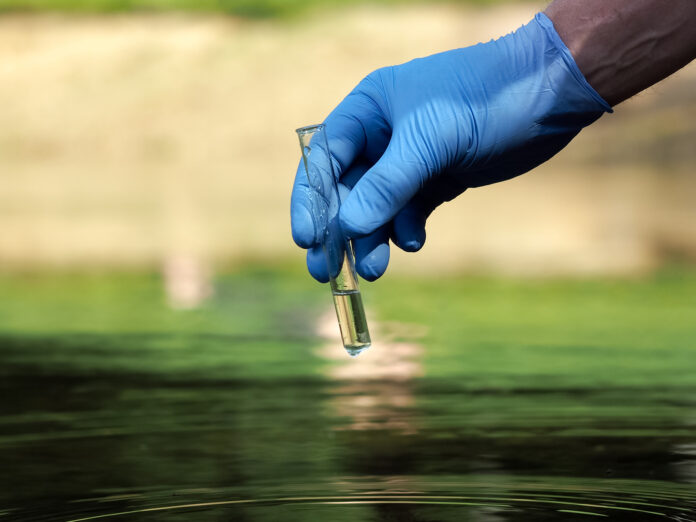
If you’ve tested your water, you’ll want to make sure you review the results and take any measures that may be necessary if you receive poor results.
Understand the Results
Once you receive the test results, take the time to understand them thoroughly. Look for any contaminants that exceed recommended levels or are present in the water. Pay attention to the potential health effects associated with these contaminants.
Take Action
If the test results indicate the presence of contaminants above the recommended levels, take immediate action. Depending on the specific issue, solutions may include installing a water filtration system, disinfection methods, or repairing or replacing plumbing.
Seek Professional Guidance
In cases where the water test results reveal complex or concerning contaminants, it is advisable to seek professional guidance. Contact your local health department, water utility, or water treatment specialist, who can provide expert advice on the best course of action. They can recommend appropriate treatment options tailored to your specific needs and help address any ongoing water quality concerns.
Regular Monitoring
After taking corrective measures, monitoring your water quality regularly is essential. This ensures that the implemented solutions effectively maintain safe and clean drinking water. Regular testing helps identify any changes or potential issues that may arise, allowing for timely intervention and necessary adjustments.
Research Your Local Options
Stay informed about water quality issues, potential contaminants, and best practices for maintaining clean water. Familiarize yourself with the local regulations and guidelines for water quality testing and treatment. This knowledge empowers you to make informed decisions and take proactive steps to safeguard your water supply.
Takeaway
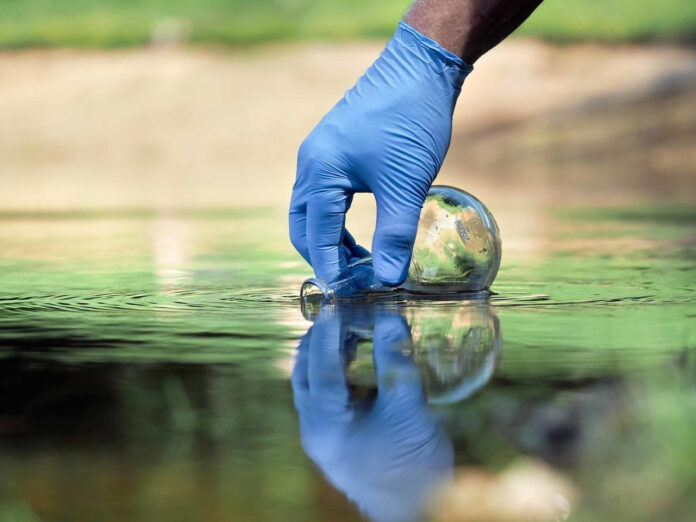
Testing your water quality is a critical step in ensuring the safety and purity of your drinking water. By testing regularly and taking appropriate actions based on the results, you can protect your health, comply with regulations, and contribute to environmental conservation.
Whether you use DIY testing kits or consult certified laboratories, understanding your water quality empowers you to make informed decisions and take necessary measures to safeguard your water supply.
Remember, clean water is a fundamental necessity for a healthy life, and testing is essential in maintaining its quality.

